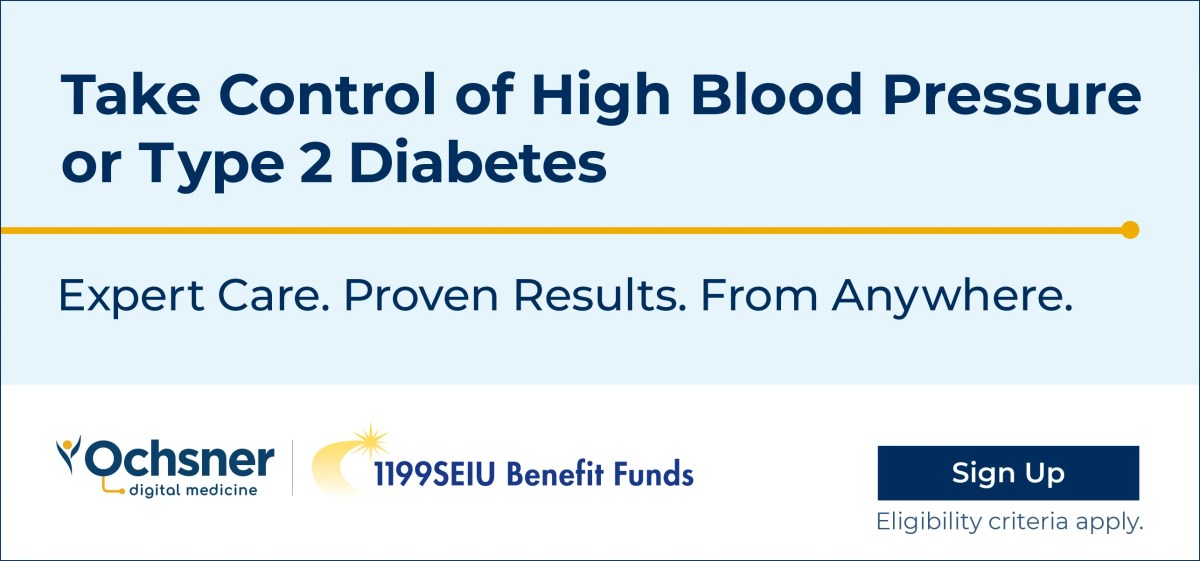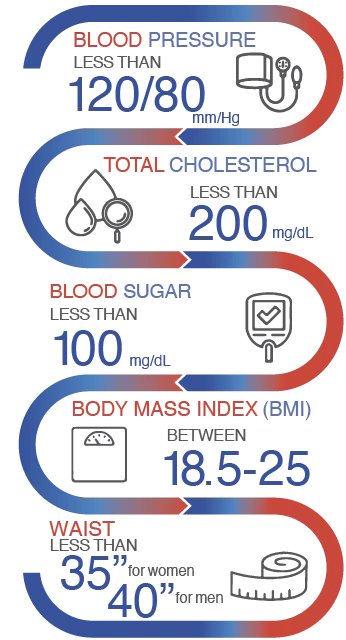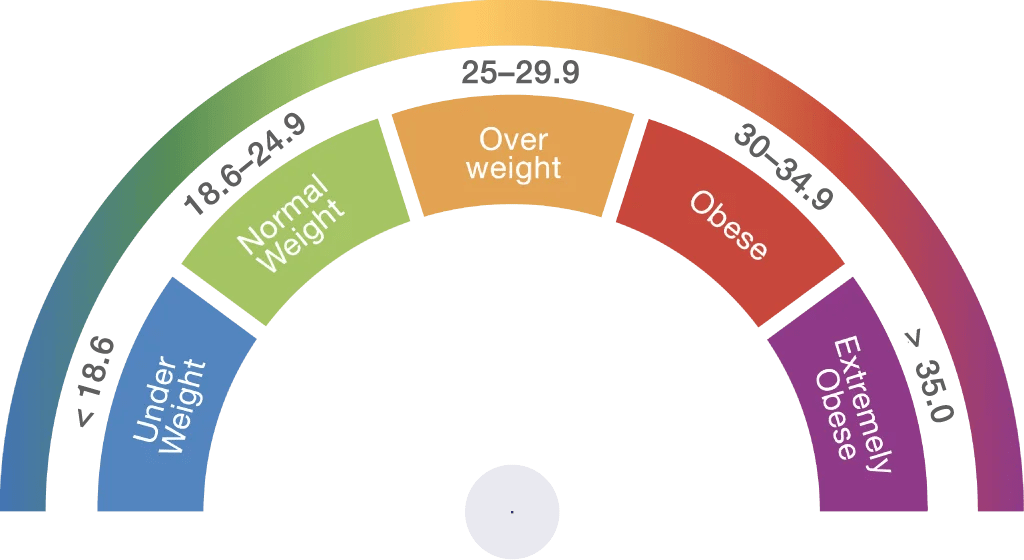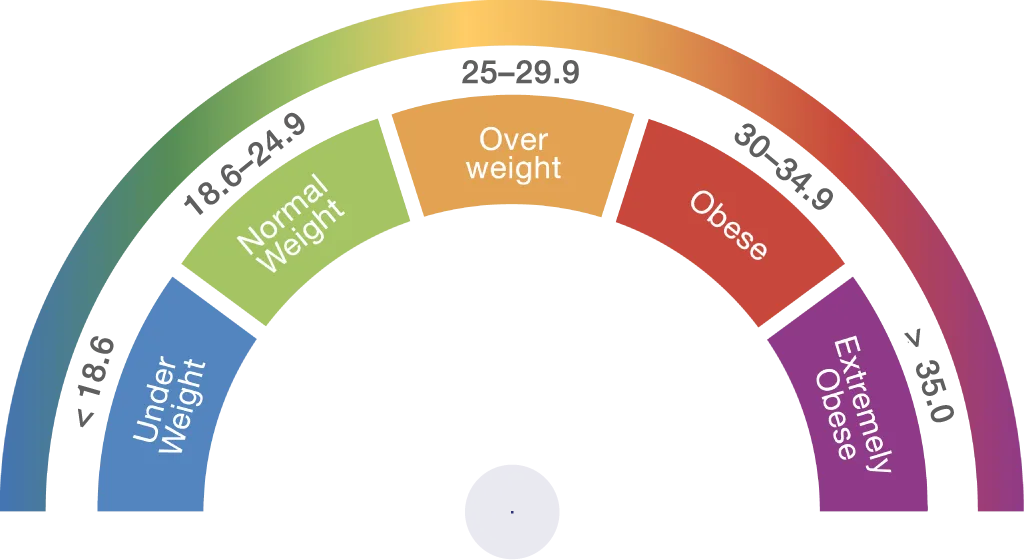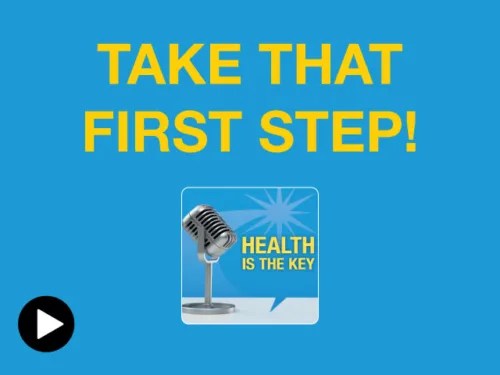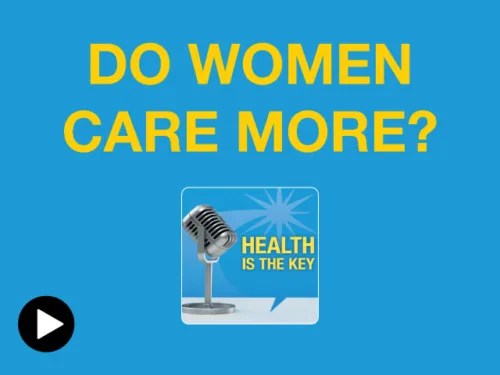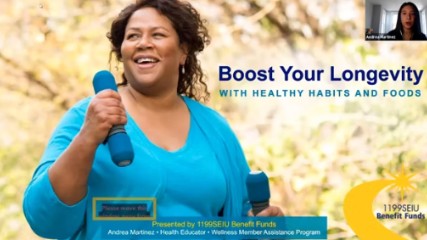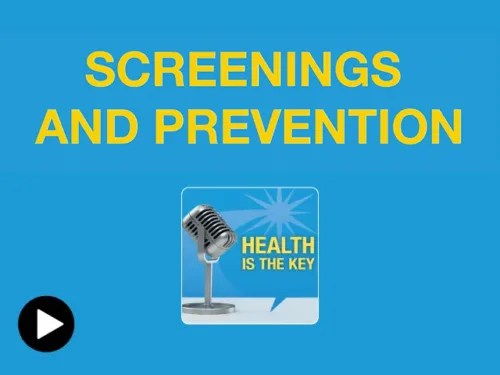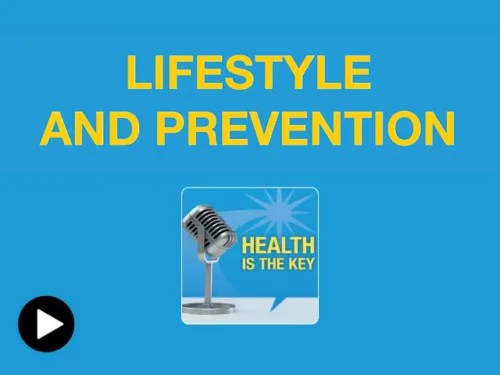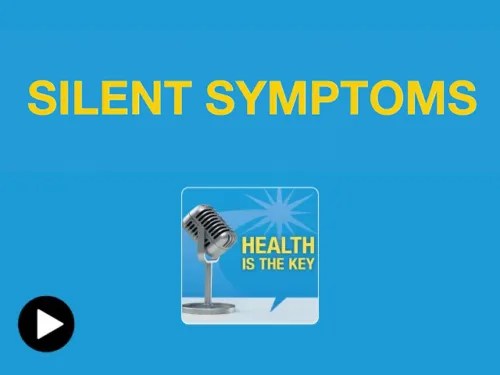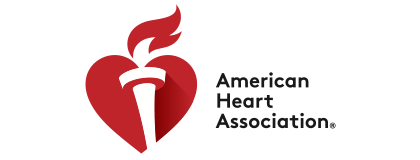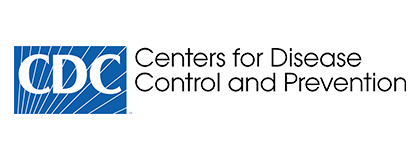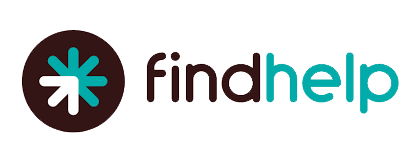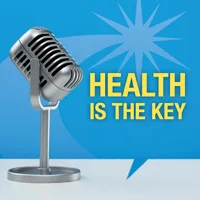Get Heart Smart
Heart disease is often called a silent killer, with many people not aware they have it until it becomes life-threatening. Preventive care is the best way to protect your heart health, and you can start by reviewing the resources on this page.
Heart disease is often called a silent killer, with many people not aware they have it until it becomes life-threatening. Preventive care is the best way to protect your heart health, and you can start by reviewing the resources on this page.
Did you know you can take control of your high blood pressure and/or Type 2 diabetes wherever you are – without an extra trip to the doctor’s office?

Body Mass Index (BMI)
Your Height
Your Weight
Your BMI
Health-related information entered on this page does not leave your browser.
Cholesterol
A waxy substance produced by the liver.
Less than
200*
Too much can make it harder for blood to circulate.
Blood Sugar
The amount of sugar in your blood.
Less than
100*
The amount of sugar in your blood.
TWO HOURS AFTER EATING
Blood Pressure
The force of the blood against the arteries when the heart beats
Less than
120/80
(Top number) and resets (bottom number).
BMI
BODY WEIGHT
Your ideal body weight depends on your gender, age, height and frame.
Less than
18.6—24.9
BMI provides a good guideline.
Body Mass Index (BMI) is meant to be a screening tool for disease risk, used in combination with other assessments made by your healthcare provider. BMI standards can vary in accuracy, depending on your age, gender, ethnicity, frame, health status and other factors. That’s why it’s important to continue the conversation with your healthcare provider after you use this calculator.
A Message from Gbenga Ogedegbe, MD, MPH, FACP
My research is about developing strategies to reduce the racial gap and the morbidity gap in terms of cardiovascular disease – hypertension, high blood pressure and stroke. If you look at Black men today, they have the highest risk of cardiovascular disease, are more likely to die of colon cancer and are more likely to die of hypertension. If Black men don’t come into clinics, how do we address their healthcare needs? People know they have high blood pressure; they are aware of that. But life gets in the way.
One way to solve the problem is to bring health into the community (barber shops, senior centers, churches…). So we developed an alternative model of care – community-based interventions, across all five boroughs – and pack healthcare vans and screen for very basic stuff: blood pressure, diabetes and have they had their colonoscopy or not. We can engage them more and attract them to come to clinics to receive their care. Going to communities and talking to folks about their health is not foreign to me. I’m very comfortable talking to people of different ages and different cultures.
What Can You Do to Reduce Your Risk of Developing Heart Disease?
Start by adopting healthy habits now that you feel you can achieve.
Statistics
A study found that women who took regular brisk walks raised their levels of HDL (“good”) cholesterol, correlating to a 50%+ reduction in coronary events.
Heart attack patients in a formal exercise program experienced a reduced death rate of 20% to 25%.
The most physically active study subjects had disease rates 50% lower than those who were sedentary.
In 15 controlled trials, exercise training was found to increase peak cardiac output by over 20%.
Source: Healthline
Heart-Healthy Fitness Classes
-
Dance
Saturday, July 19, at 10:00 am
Ready to exercise your way to better health? Join the Benefit Funds’ all-new two-month series of exercise classes for members. Get into the groove with an African dance class, all from the comfort and convenience of your own home. -
Yoga and Pilates Fusion Flow
Tuesday, July 22, at 6:30 pm
Ready to exercise your way to better health? Join the Benefit Funds’ all-new two-month series of exercise classes for members. Practice flexibility and mindfulness with yoga, all from the comfort and convenience of your own home. -
Retirees: Heart and Soul Afro Cardio Jam
Wednesday, July 23, at 1:00 pm
Come dance, connect and move on a soulful dance journey to the rhythms of African drums.
Meeting ID: 810 2197 1718
-
Retirees: Latin Cardio Dance
Friday, July 25, at 11:00 am
An exhilarating cardio class set to Latin music that uses easy-to-follow choreography to keep you moving and grooving while toning your body and burning fat.
Meeting ID: 861 3295 5230
Access free or reduced-cost community services and programs close to where you live or work with findhelp.org. Search for support in your community, including housing assistance, emotional well-being resources, child care, legal help and more.
Visit findhelp.1199SEIUBenefits.org to get started.
The information contained in this site is for educational and informational purposes only and is not intended as health or medical advice. Always consult a physician or other qualified health provider regarding any questions you may have about a medical condition or health objectives. See terms of use.
**$25 shop credit + shipping on us offer terms: You must purchase a WW membership plan between 6/1/23 and 7/31/23 to get a $25 WW Shop Credit that can be used at the WW Shop at WW.com/shop. You will receive the credit via email within 5 to 7 days of signup. Available only where membership plans are offered through your employer or health plan, and in participating areas only. One per member. Credit must be redeemed by 8/31/23. Some products may be excluded. Free shipping is applicable on standard ground shipping to a single continental U.S. delivery address only. Offer not available to current members. Non-transferable. Offer is subject to change without notice.

